Do Private Yachts Go Through Customs? (USA & Europe)
Customs clearance is indeed necessary for your private yacht to sail in the USA and Europe. Customs clearance for private yachts not only helps maintain order and security at national borders, but it's also crucial in combating drug trafficking, as private yachts are known to be common carriers of drugs between countries.
Private yachts are required to undergo customs clearance when entering or leaving a country's territorial waters. You must report to the nearest Customs and Border Protection office within 24 hours of your arrival and be ready with the proper documentation for your private yacht.
When dealing with customs officials, be honest and transparent about your vessel, its crew, and its cargo. Respond truthfully to all inquiries and provide the necessary documentation and information. What types of documents do you need to prepare? Let's find out.
Summary
- In the United States, all operators of non-commercial small vessels and pleasure boats must report immediately to the nearest U.S. Customs and Border Protection (CBP) port of entry upon arrival from a foreign port or place, including the U.S. Virgin Islands.
- Similarly, in Europe, each country has its own customs regulations in place for private yachts, but the process usually involves reporting to the designated customs office with proper documentation.
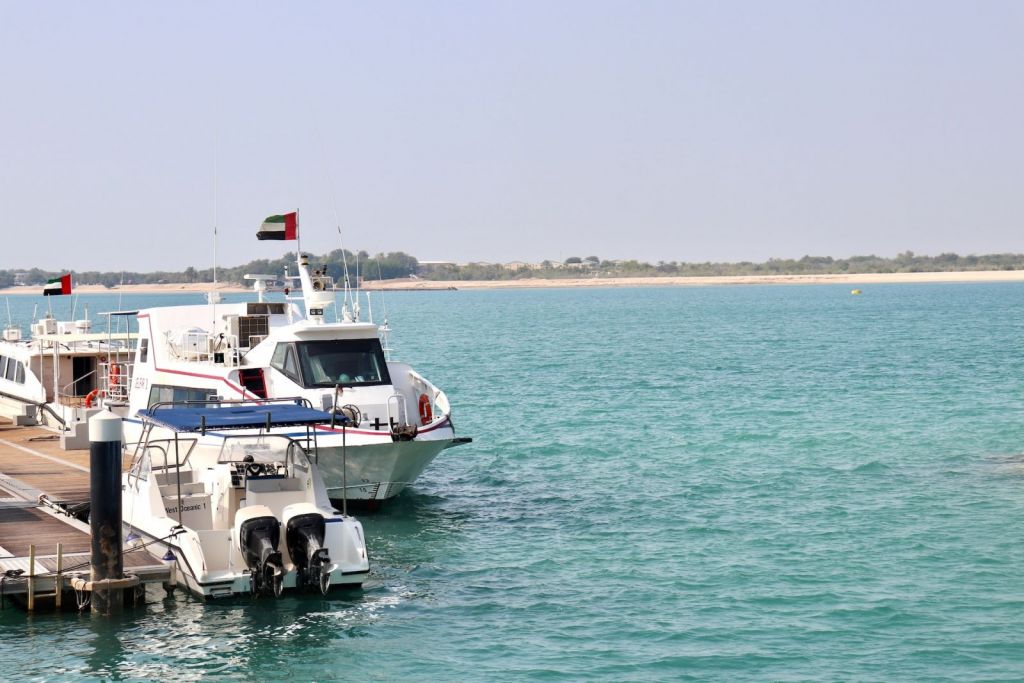
On this page:
Private Yachts and Customs
When entering a new country, both American and foreign-flagged yachts typically need to go through the same entry procedures. This means reporting your arrival to the appropriate customs authority, such as the U.S. Customs and Border Protection (CBP) in the United States. All passengers, regardless of nationality, must clear immigration.
In the United States, you can use the CBP ROAM app to report your arrival. This free mobile application allows pleasure boaters to report their U.S. entry quickly and easily using their personal smart devices.
For European countries, customs procedures can vary by nation. Generally, you'll need to notify the local customs authority upon arrival and complete the necessary paperwork. Prepare to present documents such as your passport, proof of yacht ownership, and your journey itinerary.
To make your customs experience smoother:
- Ensure all your necessary paperwork is up-to-date and readily accessible.
- Follow local customs regulations and guidelines.
- Declare any items subject to customs duties or any restricted or prohibited goods.
When exiting the USA and Europe on a private yacht, you must follow the same customs procedures as when entering. You must report your departure to the nearest CBP office and clear customs before leaving. Ensure that you have all the necessary documents and follow the rules to avoid any penalties or complications.
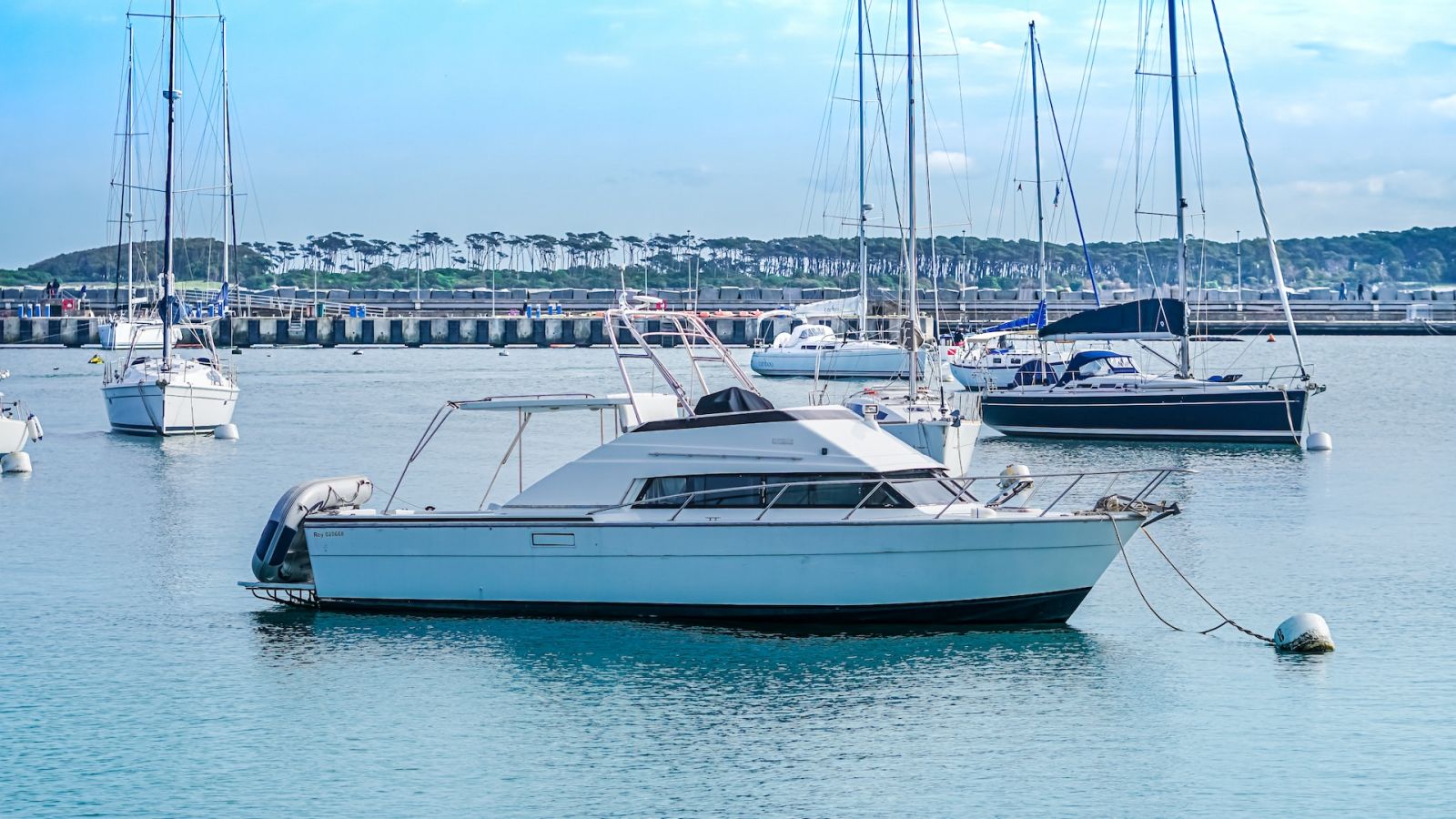
United States Customs Procedures for Private Yachts
Clearing customs procedures in the US
When arriving in the United States on a private yacht, it is crucial that you promptly complete immigration and customs clearance procedures. All yachts, both U.S. and foreign, must undergo these procedures within 24 hours of arrival. As the skipper, you and every person on board—regardless of nationality—must report to the nearest U.S. Customs and Border Protection (CBP) Office.
Prepare the required documents in the US
When going through customs, be prepared with the correct documentation for both your yacht and yourself to expedite the process and help prevent any delays. You will need:
- A valid passport, or other proof of citizenship, for all individuals on board
- The yacht's documentation papers or registration
- A completed CBP Form 1300, also known as the "Vessel Entrance or Clearance Statement"
- Any relevant import or export documentation, if applicable
Are you wondering if you need a license to sail around the world? Here's our article to answer that.
Possible inspections of your yacht in the US
Be aware that your private yacht may be subject to inspection by the U.S. Customs and Border Protection (CBP) or the U.S. Coast Guard (USCG). While not every yacht is inspected, it is important to be prepared. Ensure that you follow regulations regarding safety equipment, proper maintenance, and other requirements set by these agencies. Complying with U.S. customs and immigration laws will help make your visit a hassle-free and enjoyable experience.
Customs declarations and taxes in the US
When entering the country on a private yacht, you must declare all goods and items on board. Failure to declare goods or under-declaring their value can result in severe penalties, including confiscation of the goods and fines.
To declare goods, you must fill out CBP Form 1300. This form requires you to provide information about your vessel, its crew, and its cargo. You must declare all goods on board, including items that you plan to leave on the vessel, such as spare parts or equipment.
In addition to declaring goods, you may also be subject to taxes and duties on certain items. The amount of tax or duty you pay depends on the value of the item and the specific regulations in place. Some items may be exempt from taxes and duties, such as personal effects and items that will be re-exported.
Quarantine and biosecurity of yachts in the US
The US Centers for Disease Control and Prevention (CDC) have regulations in place for the prevention of the introduction, transmission, and spread of communicable diseases from foreign countries into the US. Private yachts arriving in the US may be subject to quarantine and biosecurity measures if they are deemed to pose a risk of spreading communicable diseases. The CDC may require crew and passengers to undergo medical examinations and may inspect the vessel for signs of illness or disease.
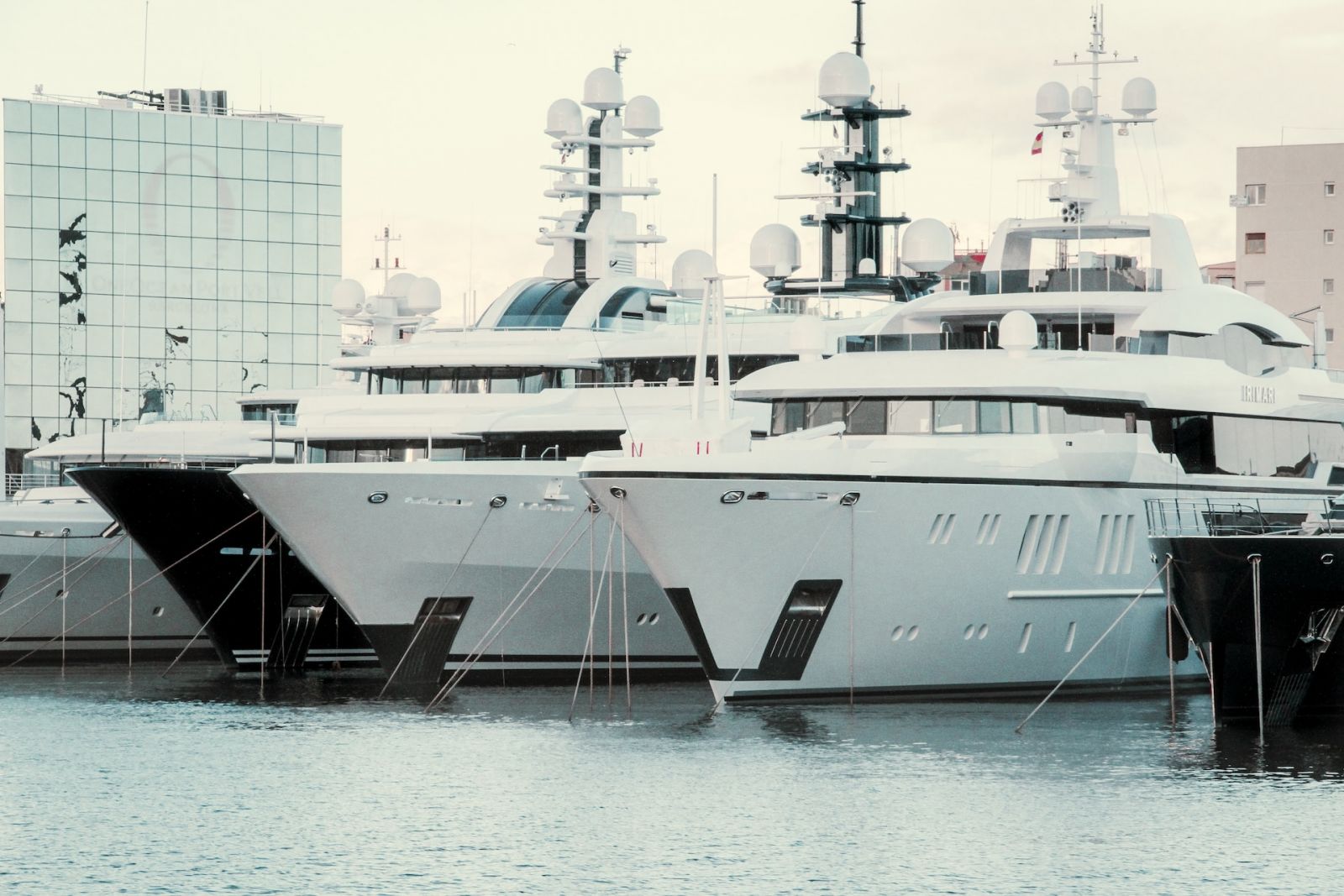
European Customs Procedures for Private Yachts
Notify customs prior to arrival in Europe
Upon arriving at the European port, you are required to notify the local customs authorities promptly. Typically, non-European Union (EU) resident yachts must be placed under the 'temporary admission procedure' (TA with Customs), limiting the period of use in the EU.
It's crucial that you ensure you follow the rules within the allotted time to avoid any complications or penalties. In most cases, the skipper is responsible for declaring the yacht and completing the necessary procedures at the Customs office upon arrival.
In some countries, like Australia and New Zealand, you may need to provide email pre-notification of your arrival at least 48 hours in advance. Be sure to check the requirements for the specific countries you will be visiting.
If you have a connecting flight within Europe, the rules in the country of your connecting flight determine whether you must go through customs. If you travel on a single ticket with the same airline or different airlines in an interline agreement, you may not have to go through customs.
Required documents in Europe
When entering European waters, you must present these essential documents at the customs office make the process smoother and more efficient.
- Yacht registration document
- Proof of insurance
- Valid passports for all persons on board
- Crew list with names and nationalities
- International Certificate of Competence (ICC) for the skipper
- Ship's radio license
- Pet documentation (if applicable)
If you're planning to buy a boat from a private seller, here are ten things you should check.
Possible inspections of your yacht in Europe
Customs officials have the authority to inspect your private yacht for various reasons, such as verifying the yacht's status, checking the documentation, or searching for prohibited items like drugs, illegal firearms, or other dangerous goods.
To minimize any inconveniences, it's recommended to keep your vessel well-organized and ensure that all the luggage and compartments are accessible for inspection. Moreover, cooperating with the customs officers and answering their queries politely will help you during this process.
VAT and duty fees in Europe
When entering a port in Europe on a private yacht, you may be subject to VAT (Value Added Tax) and duty fees on certain items. The amount of VAT and duty you pay depends on the value of the item and the specific regulations in place.
VAT is a tax on the value added to goods and services at each stage of production and distribution. In Europe, VAT rates vary by country, and some countries offer reduced rates for certain goods and services. When purchasing goods in Europe, you may be required to pay VAT at the point of sale. If you bring goods into Europe on your private yacht, you may be required to pay VAT at the point of entry.
Duty fees are taxes on goods that are imported into a country. The amount of duty you pay depends on the value of the item and the specific regulations in place. Some items may be exempt from duty fees, such as personal effects and items that will be re-exported.
Quarantine and biosecurity of yachts in Europe
In Europe, the European Union (EU) has regulations in place for the prevention of the introduction and spread of animal and plant diseases. Private yachts arriving in Europe may be subject to quarantine and biosecurity measures if they are deemed to pose a risk of spreading animal or plant diseases. The EU may require crew and passengers to undergo medical examinations and may inspect the vessel for signs of illness or disease.
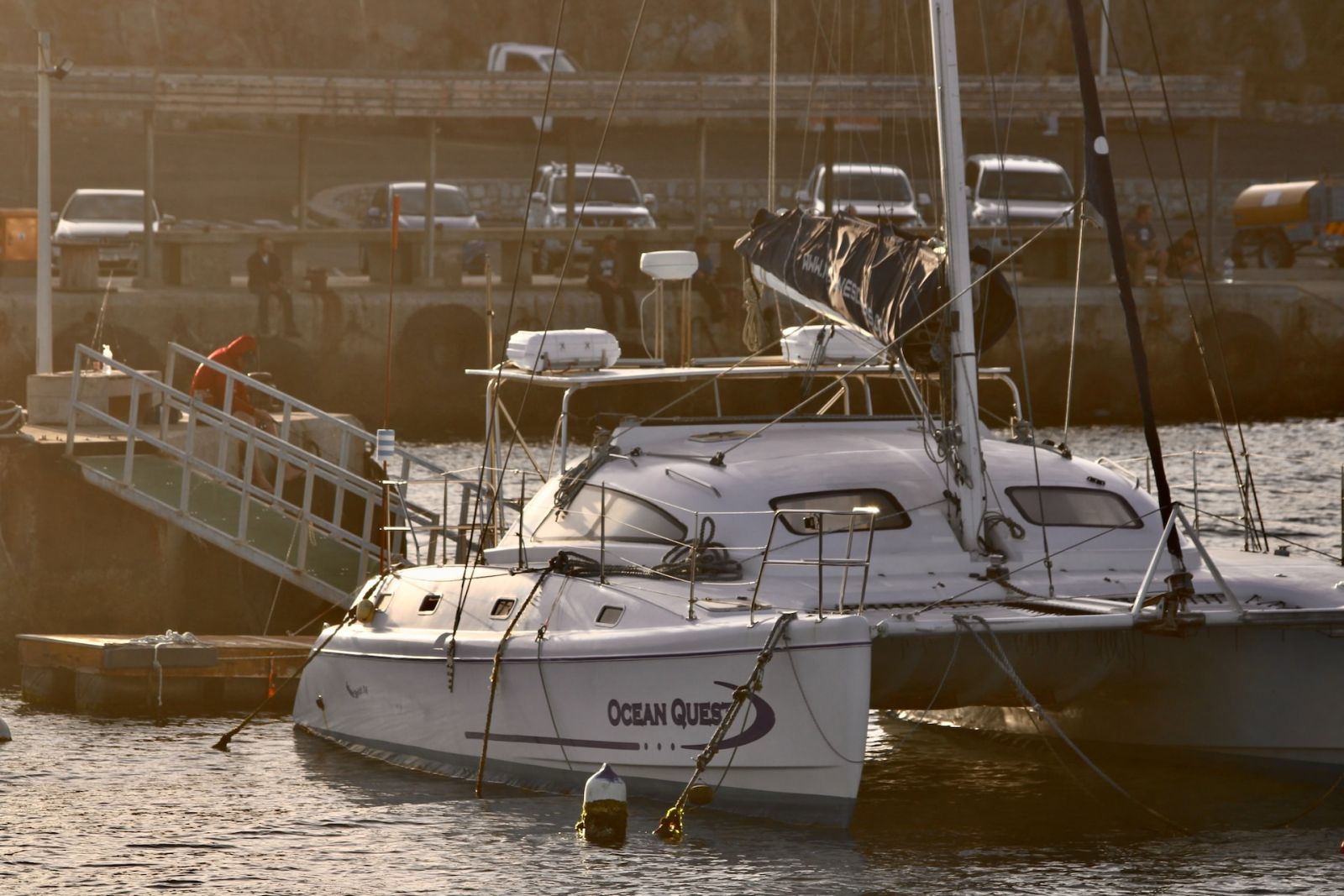
Tips for Dealing with Customs
When dealing with customs officials, it is crucial to be honest and transparent about your vessel, its crew, and its cargo. Answer all questions truthfully and provide all the necessary documentation and information to the best of your knowledge. If you are unsure about something, do not hesitate to ask for clarification or assistance.
Honesty is especially important when it comes to declaring goods and items on board. Failing to declare goods or under-declaring their value can result in severe penalties, including confiscation of the goods and fines. It is always better to declare everything upfront to avoid any issues.
Avoid overstaying your visa in the US and Europe. Ensure that you know the expiration date of your visa and plan your departure accordingly. If you need to stay longer than your visa allows, you may be able to apply for an extension or change of status. It is important to apply for these as soon as possible to avoid overstaying your visa.
Avoid bringing prohibited items into the US and Europe; familiarize yourself with the list of prohibited items and ensure that you are not carrying any of them on board. Prohibited items include illegal drugs, firearms, and certain types of food and plants. Ensure that you declare all goods and items on board to customs officials and follow all regulations and guidelines.
Don't have registration documents of your yacht? Here's how you can register your boat online.
Did you find the answer to your specific question?
👍 1 👎 0
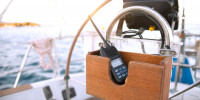

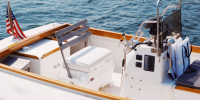

Leave a comment